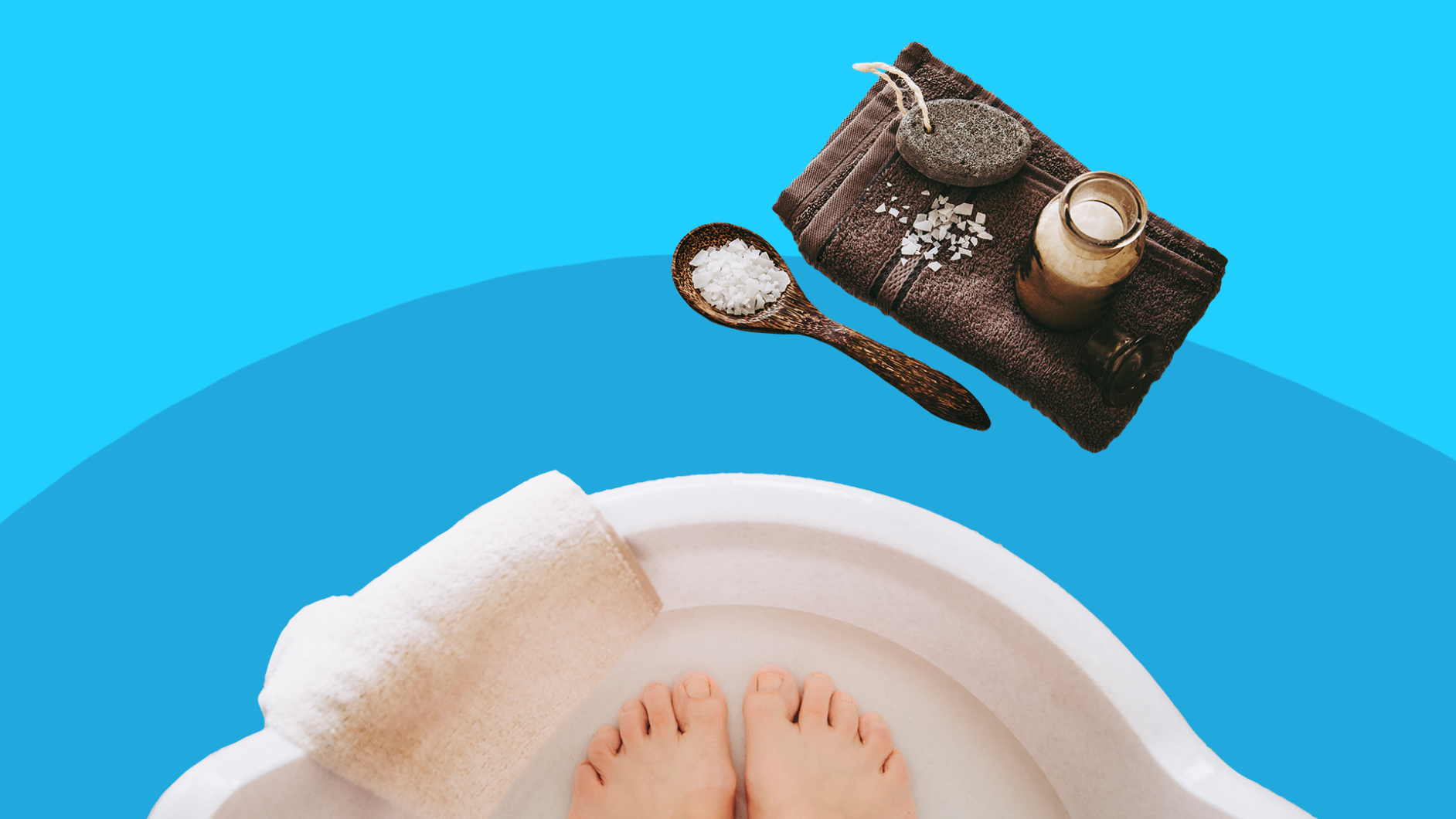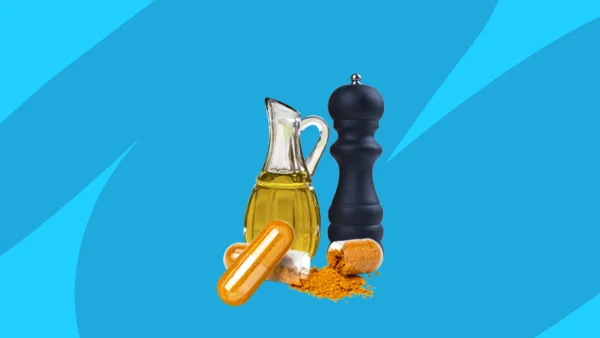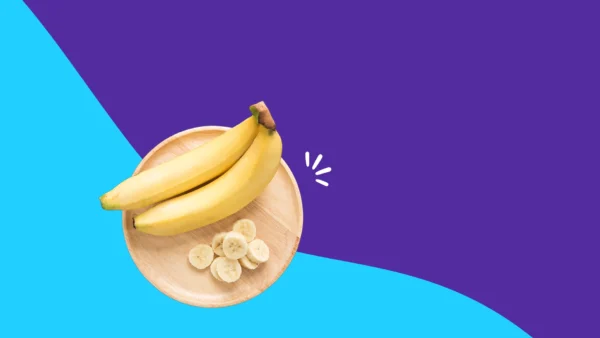For centuries, oatmeal has been used as a treatment for skin irritations like rashes, burns, insect bites, eczema, and psoriasis.
That’s because oatmeal has anti-inflammatory and antioxidant properties that are naturally skin-soothing. Colloidal oatmeal treatments have been around since 1945 for dermatological use and are widely available today in bath soaps, shampoos, face masks, shaving gels, and moisturizing creams. Homemade oatmeal treatments are just as effective as store-bought ones.
Read on to find out what makes oatmeal so good at treating dry, irritated skin and how you can make your own oatmeal bath at home to benefit from all of its skin-soothing effects.
How to make an oatmeal bath
Dermatology nurse practitioner Sherry Sanvictores frequently recommends a colloidal oatmeal bath to her patients suffering from inflammatory skin conditions like eczema and psoriasis. “Colloidal just means the oatmeal has been pulverized into a fine powder, so it dissolves in water,” Sanvictores explains. “There are a variety of over-the-counter (OTC) colloidal oatmeal products available, but it’s just as easy to make an oatmeal bath at home.”
Here’s a simple, two-step oatmeal bath recipe:
- Purchase organic rolled oats at your supermarket or favorite health food store. Make sure these are free of any additives like sugar, salt, chemicals, or flavorings.
- Grind the oats into a fine powder using a blender, food processor, or coffee grinder until you have about 1 cup of powdered oats for an average-size bath. You may want more or less depending on how much water you plan to use and whether the bath is for a child or an adult.
The oats are fine enough (colloidal) when a tablespoon of them easily dissolves in warm water. Grinding the oats into a fine powder ensures they don’t clog your drain after your bath.
How to take an oatmeal bath
Now that you’ve got your homemade colloidal oats, here’s how to take an oatmeal bath, step by step:
- Draw a warm—not hot—bath. “I know we all want to take a long, hot bath, especially in the winter, but hot water strips the skin of its natural oils and promotes increased water loss in your skin,” Sanvictores says. “This leads to dry, itchy, and irritated skin—exactly what you’re trying to combat with an oatmeal bath.”
- Add your oats a half-cup at a time, up to one and a half cups for a large bath. Sanvictores recommends putting the colloidal oats into a pantyhose leg tied at the top. This makes for an easy cleanup after your bath.
- The water will turn milky and silky. This means that the oats have been distributed evenly, and the emollients in the oats have been released into the water.
- Soak for 10 to 15 minutes. Any longer, and your skin starts losing moisture. Don’t use soap for this bath, which will dry the skin further.
- Careful getting out of the tub, as it will be more slippery from the oats.
- Towel skin until it is damp, not dry, and apply a hydrating moisturizer.
If you’re giving an oatmeal bath to your baby or child, be extra careful to make sure the water temperature isn’t too hot. For a baby bathtub, use only one-third of a cup of oats. Never leave a baby or child unattended in a bath; this is especially true for an oatmeal bath, which can be extra slippery because of the released emollients.
How oatmeal soothes the skin
Oatmeal baths aren’t just a folk remedy. They’ve been around so long because there’s an actual science behind the treatment. “Colloidal oatmeal has been around for centuries, helping to soothe and treat various skin conditions. I like to call it ‘nature’s topical steroid,’” says Apostolos Lekkos, DO, former ER doctor and functional medicine doctor at Bios Functional Medicine in Santa Monica, California. “It has very effective properties to help block inflammatory markers that cause skin redness, itching, and inflammation commonly seen in psoriasis and eczema.”
According to the Journal of Drugs in Dermatology, colloidal oatmeal’s antioxidant and anti-inflammatory properties come from compounds that include vitamin E, ferulic acid, and polyphenols called avenanthramides—the main antioxidants in oats.
Colloidal oatmeal also contains water-binding sugars called polysaccharides and other compounds called hydrocolloids. These create a protective barrier that keeps skin from losing excess water. “Oatmeal is an emollient,” Sanvictores adds. “It puts moisture back into the skin.”
In a study published in 2015 by the Journal of Drugs in Dermatology, healthy female subjects with itchy, dry skin on their lower legs experienced significant clinical improvements in dryness, scaling, roughness, and itch intensity when treated with a colloidal oatmeal skin protectant lotion.
Bottom Line
Whether store-bought or homemade, oatmeal baths are a proven, centuries-old treatment for minor skin irritations and troublesome skin conditions such as:
- Eczema
- Psoriasis
- Diaper rash
- Atopic dermatitis
- Contact dermatitis
- Chickenpox
- Insect bites
- Reactions to plants (poison ivy, poison oak)
“When I was working in the emergency room, we would routinely tell patients to take oatmeal baths to soothe inflamed skin from poison ivy or poison oak,” Dr. Lekkos says. “Patients with eczema or psoriasis flare-ups benefited from this as well.” He recommends no more than one oatmeal bath per week, as soaking in water can dry out the skin. If you suffer from psoriasis or eczema, limit your oatmeal bath to one every two weeks at most.
The doctor cautions that, for severe cases of psoriasis or eczema, “patients typically need prescription medication in addition to the oatmeal remedy.” Talk to your doctor if your skin remains irritated or reactive.
OTC colloidal oatmeal bath products are convenient, but with just a little more work and a lot less money, you can make your own colloidal oats using our simple homemade oatmeal bath recipe. It’s as effective as the store-bought products, and you know exactly what you’re getting: pure oats and nothing else.
Sources
- Anti-inflammatory activities of colloidal oatmeal (Avena sativa) contribute to the effectiveness of oats in treatment of itch associated with dry, irritated skin, Journal of Drugs in Dermatology (2015)
- Colloidal oatmeal formulations and the treatment of atopic dermatitis, Journal of Drugs in Dermatology (2014)











